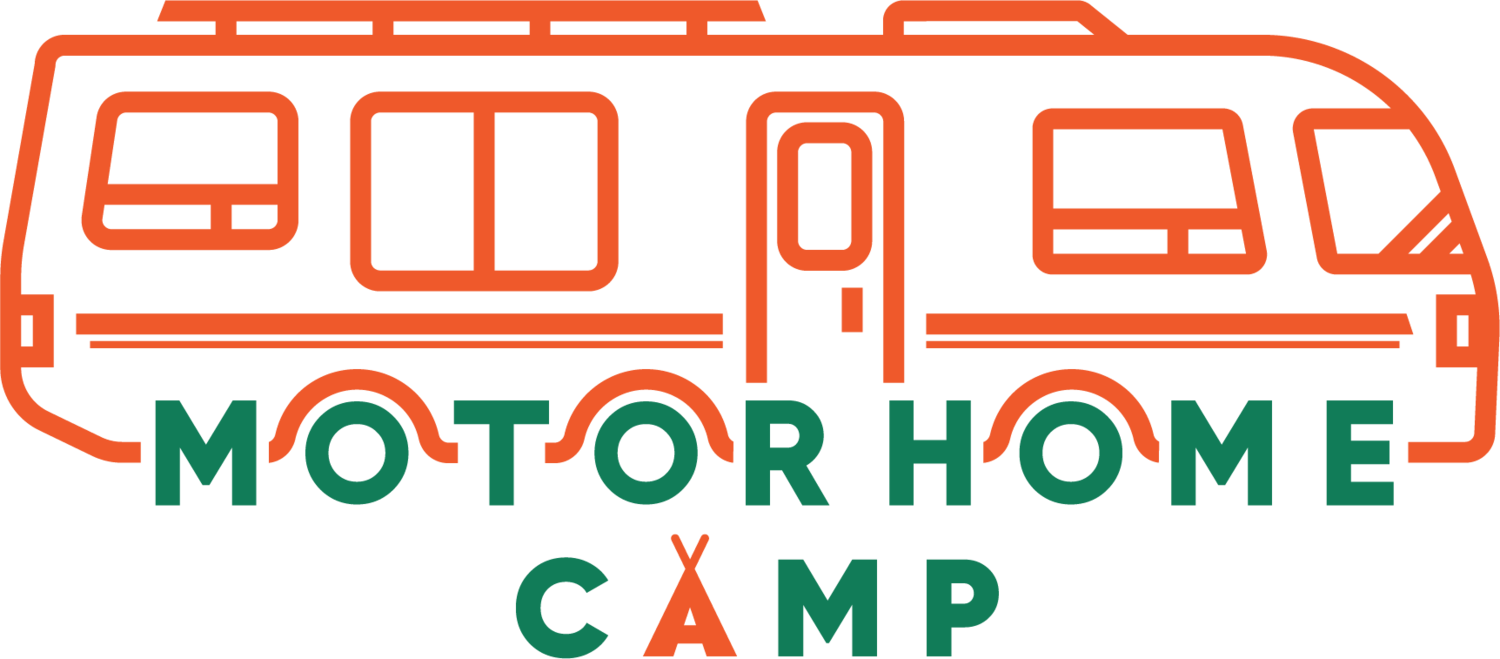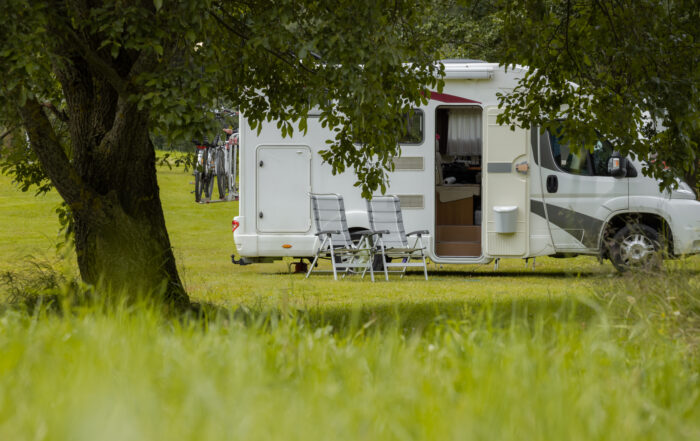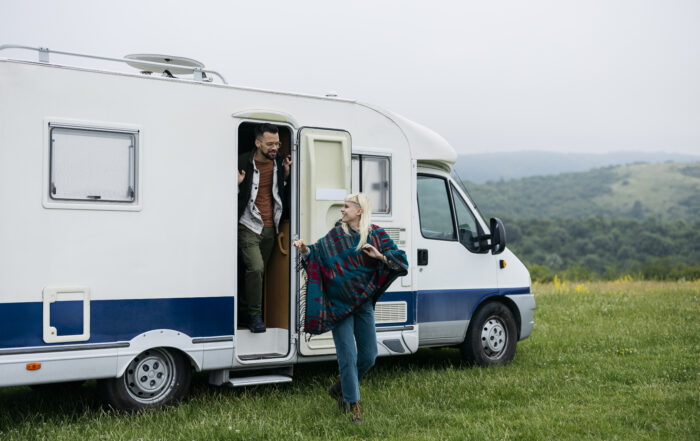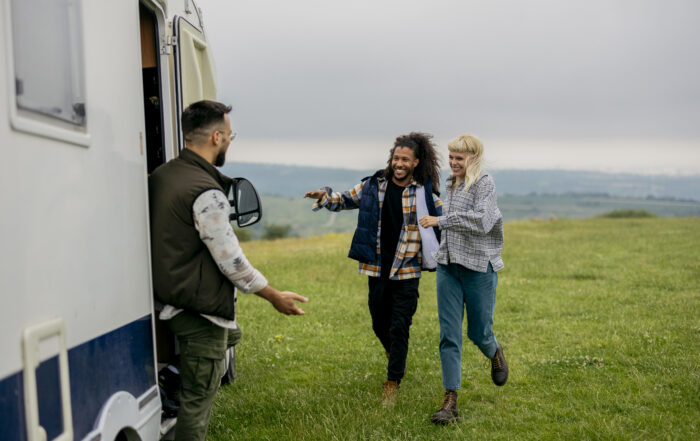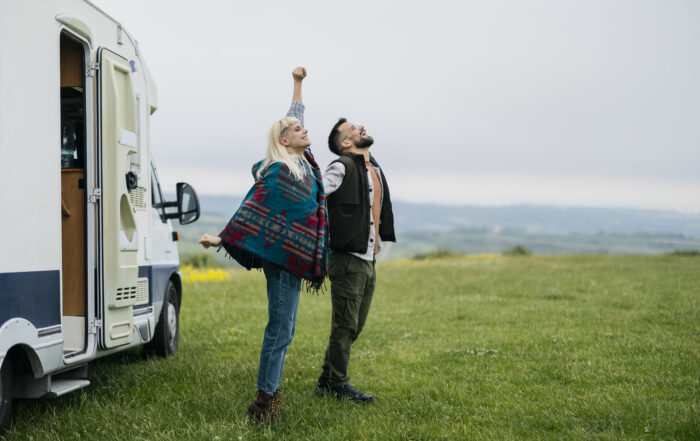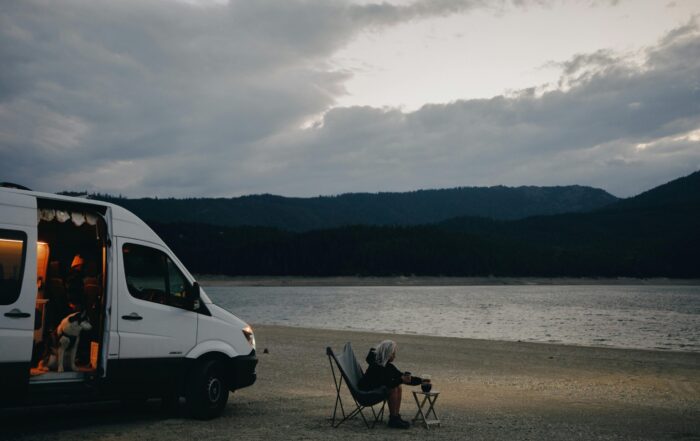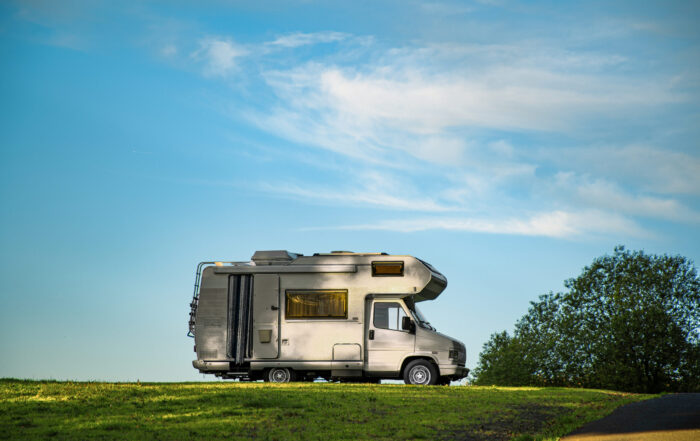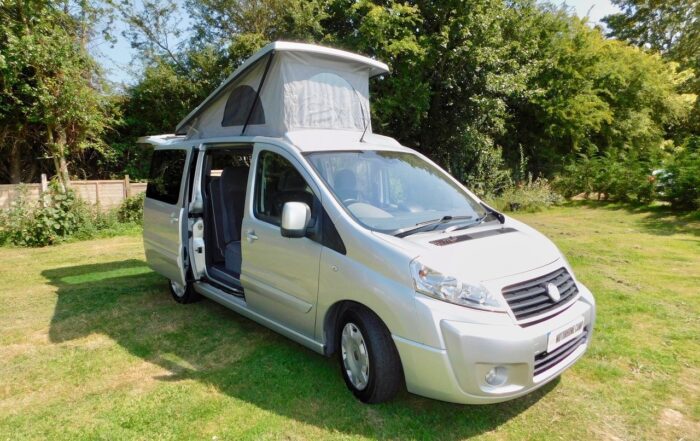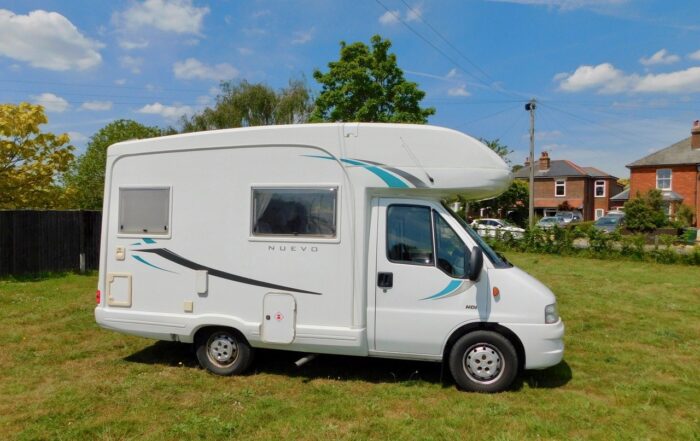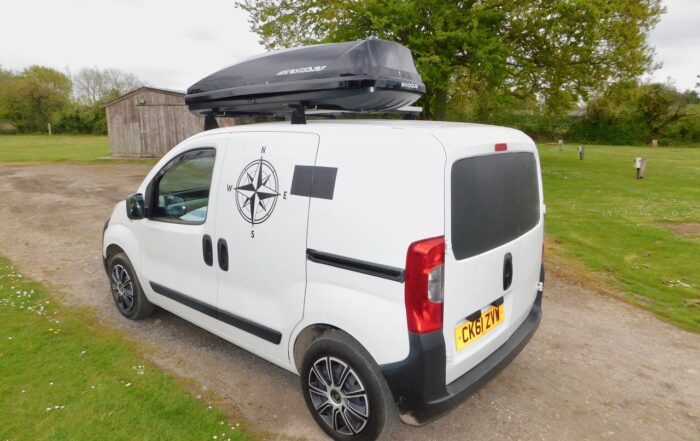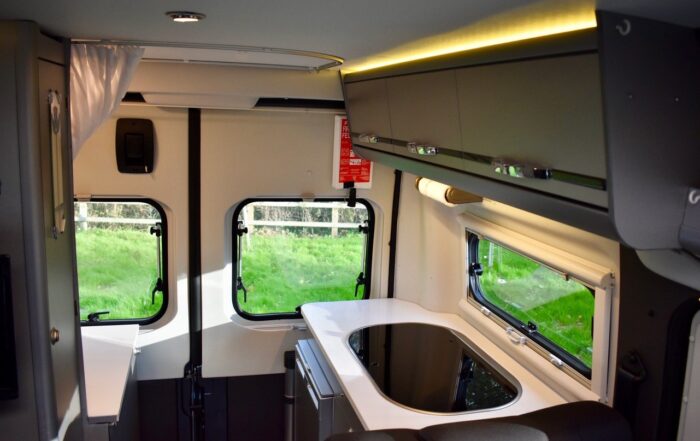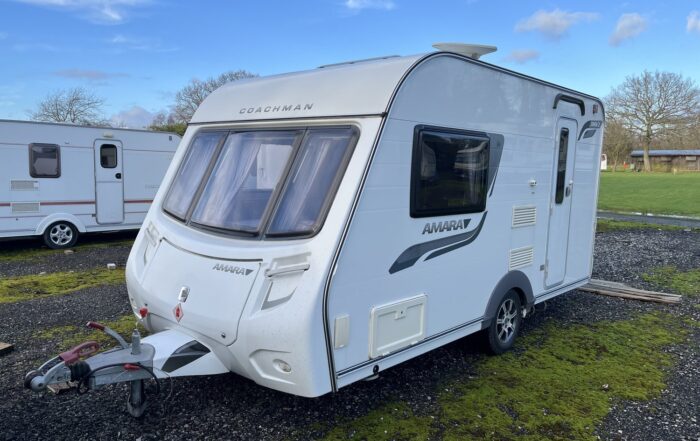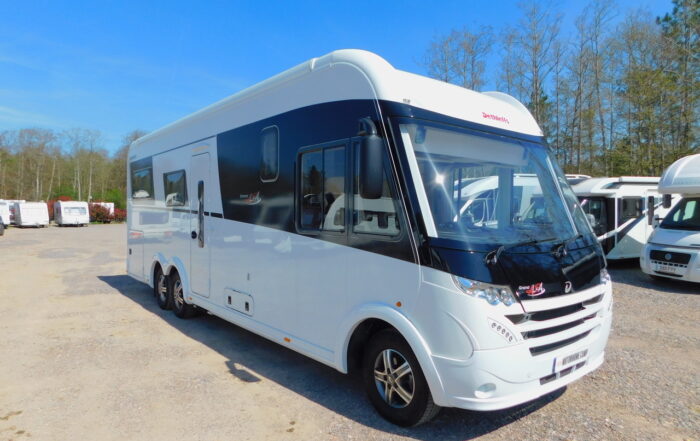Discover Trusted Local Motorhome Sellers UK – Your Guide to Nearby Dealers
Looking for a motorhome but not sure where to start? Whether you're planning weekends away or longer road trips, finding the right dealer nearby can save you time and stress. This guide is here to [...]
Used Motorhome Hidden Costs UK – Key Checks Before You Commit
Buying a second-hand motorhome can feel like a smart move - until unexpected costs start to creep in. From insurance surprises to repairs you didn’t budget for, it’s easy to overlook the extras when you're [...]
A Guide to the Ownership Costs of a Campervan Across the UK
Thinking about buying a campervan? It’s not just the upfront cost you need to consider. From insurance and road tax to fuel, servicing, and storage, there’s a lot that goes into keeping one on the [...]
Top Tips for Buying a Used Motorhome UK: A Practical Guide for Travellers
Thinking about hitting the road in your own home on wheels? Whether you're planning weekend getaways or longer adventures, buying a used motorhome UK can be a smart move, if you know what to look out [...]
New vs Used Motorhome: Choose The Right Fit for Your Lifestyle
Thinking about hitting the road in a motorhome but not sure whether to buy new or used? You're not alone. Choosing between a new vs used motorhome comes down to more than just price - it’s [...]
Best Tips for Buying Motorhome: Expert Secrets Every Buyer Should Know
Buying a motorhome is a big step, whether you're planning weekend getaways or full-time travel. With so many options out there - sizes, layouts, features - it’s easy to feel overwhelmed. That’s why it helps [...]
Essential DIY Motorhome Maintenance Tips Every Traveler Should Know
Taking care of your motorhome doesn’t have to be complicated or expensive. With a few tools, some time, and the right know-how, you can handle a lot of the upkeep yourself. Whether you're parked for [...]
Campervan vs Motorhome Comparison: Find the Perfect RV For Travel Lifestyle
Choosing between a campervan and a motorhome comes down to how you like to travel, how much space you need, and what kind of roads you plan to take. Each option has clear pros and [...]
Motorhome For Sale In Hampshire: Finding The Best Deals This Summer
If you're looking for a motorhome for sale in Hampshire, the summer months are the perfect time to find great deals. With more options available and competitive prices, it’s the ideal season for both new [...]
New Motorhome Vs Used Motorhome In Hampshire: What Must Be Your First Buy?
If you’re thinking about buying your first motorhome, you’re likely asking new motorhome vs used motorhome in Hampshire: which should I buy? The answer depends on what you need, how much you want to spend, [...]
Complete Breakdown Of The Real Cost Of Buying A UK Spacious Campervan
The real cost of buying a UK spacious campervan depends on what you need, how you plan to use it, and what features matter most to you. A UK campervan can cost anywhere from around [...]
Living Comfortably In A Caravan: Heating, Space And Storage Sorted
Living comfortably in a caravan is possible if you get the basics right. People often ask, is it really possible to feel at home in such a small space? The answer is yes. You just [...]
